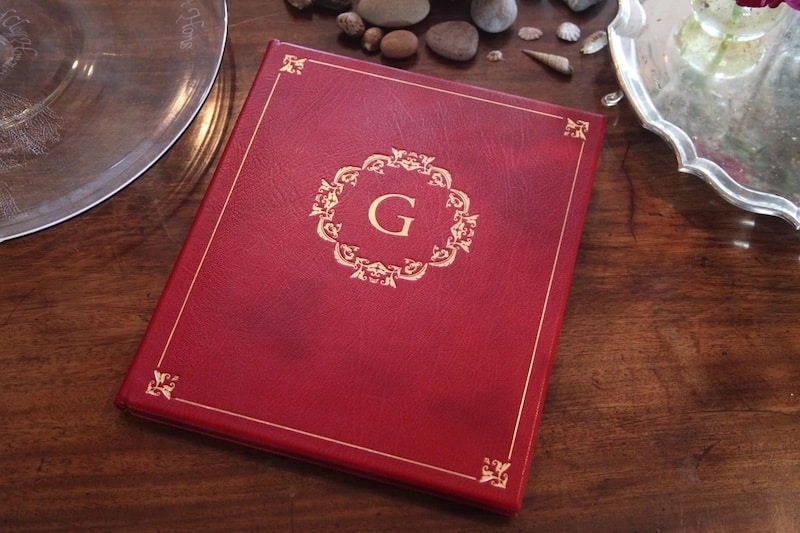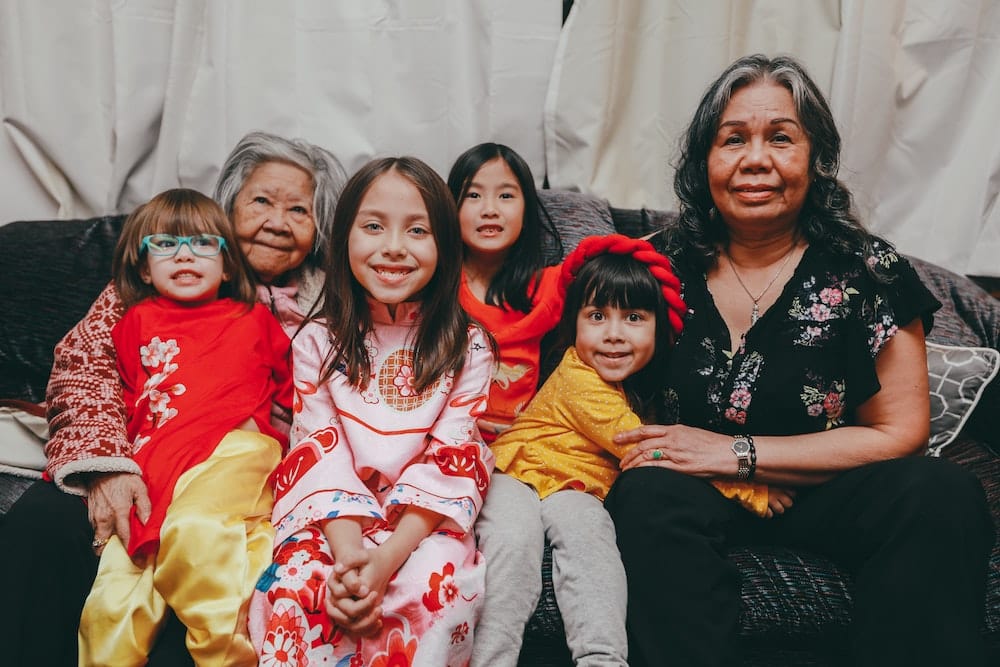Genealogy: A Journey Into the Past

By Anya Cooklin-Lofting
The job of a genealogist is to prove, beyond reasonable doubt, the distinct, frequently remarkable, often unpredictable history of a family. Using family lore, genetic analysis, redacted files, historical documents and medical records, genealogists connect the dots to create a more rounded picture of how their clients have come to exist. They give individuals and their families a unique historical framework to understand how and why their ancestors made the decisions, entered into the marriages, moved to the countries or even committed the crimes that they did. Beginning your journey into genealogy is much like sitting for a portrait without the generous artistic license many painters afford to their subjects. A genealogist will present you with new data, strange new narratives and sometimes grim realisations, warts and all, that can change not only your self-perception but that of your entire family, living or dead. In the ultimate endeavour in separating fact from fiction, a great genealogist will conjure real voices from the past, scratching the very human itch that we each harbour to understand where (and who…) we come from.
Using the Past to Inform the Future

Genealogica is a unique firm that its clients instruct to undertake extensive ancestral research, delivering extraordinary findings by working with intentional government agencies and a global network of the most notable historians. Once a client’s family history has been unearthed to its fullest extent, Genealogica’s Emmy award-winning storytellers, published authors and academic historians craft a narrative to bring this unique history to life. The fun doesn’t stop there, though: Genealogica also commissions skilled artisans to design and bind these stories into future heirlooms, creating priceless works of art in the form of Ancestral Encyclopedias. The team can also plan and guide ancestral journeys, produce documentary-quality films of each project, locate and acquire lost family heirlooms, and build legacy collections.

The company’s co-Founder and CEO, Al Edgington, is no stranger to the intricacies of family history or the level of research that goes into unearthing such stories. He was nominated for Primetime Emmys in 2012 and 2014 for his work as the Executive Producer on NBC’s Who Do You Think You Are?, producing 35 episodes of the celebrity-led genealogical travel series over a five-year period. Since co-Founding Genealogica in 2013, Edgington has reunited families, shed light on the personal connections we bear to our pasts, and delivered exquisite works of art to express his researchers’ findings.

“All we have is human,” says Edgington, “and the information we’re able to uncover is valuable only for families. It’s human capital.” The work that the Genealogica team carries out goes beyond the performance of a service that its clients pay for. It abstracts itself from anything transactional when one considers the way it can help families understand one another, their pasts and their futures more clearly. “Clients who have all the luxuries in the world have told me that the best money they’ve ever spent is with Genealogica,” he says. So with this in mind, here are some of the top tips I took away from my conversation with Edgington, perfect for anyone about to embark on a journey into the past…
Prepare to Question the Perceived Identity of Your Family

During the filming of a 2012 episode of Who Do You Think You Are with Rita Wilson, the American Actress known for her appearances in Volunteers and Sleepless in Seattle, Edgington recalls her observation that “you can’t explain it. There’s something a little bit different about your life afterwards.” The existential quality that new, poignant information can carry is something you should absolutely prepare yourself for. For many families, enduring narratives about their cultural, religious or geographical history go unquestioned, and histories are fabricated for survival or out of shame. When the real story is uncovered, it can trigger feelings of loss of these very familiar stories and can cause families to reassess their sense of collective identity. “One client approached us for a 50th birthday present for a loved one,” Edgington tells me, “believing that the giftee’s family had always been Catholic. She grew up Catholic and felt a strong connection to her heritage in the religion. However, we discovered that her family, having suffered many losses in the Holocaust, were Jewish refugees. Even just this very objective information can completely change the identity of a family.”
History is Messy Business and Context is King

“History is mucky,” says Edgington, “and the past is complicated.” Genealogica’s clients and anyone approaching ancestral research should expect to shoulder the burden of objectivity as they begin to discover their family’s past, some of which could be unsavoury. “The truth is,” he says, “I have yet to meet a family without something hidden up its sleeve,” so it makes sense to manage your expectations. As Edgington advises, “don’t expect you’ll be from a bunch of heroes!”
“The important thing to remember is that there are so many reasons people choose to do the things they do,” says Edgington. Even if you disagree or are morally opposed to the actions of your ancestors, the likelihood is that they were only trying to do their best in the context in which they were surviving. The key is to keep a level head and understand that although your ancestors’ actions feel inextricably linked with your own, they do not define you. “Although we work with our clients to tell their stories in the context of historic world events,” says Edgington, “they appreciate that some of this stuff will be ugly, but also that the process is incredibly grounding.”





